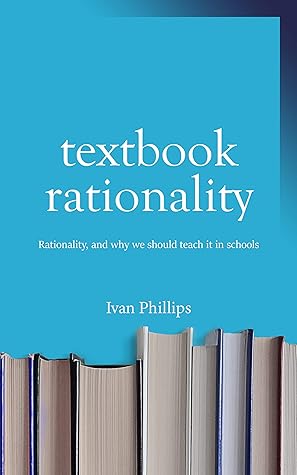Kindle Notes & Highlights
Started reading
February 6, 2021
thinking rationally means making proper inferences. A rational person knows how to reason to conclusions that are most likely to be true.
Democratic civilization rests on the premise of an educated and wise electorate. No matter what democratic political values we hold, if our citizens cannot distinguish reality from fiction, the resulting policy will lead us to social, economic, environmental, and military ruin.
Rationality is about updating our beliefs based on evidence in such a way that we can make better predictions about the future. Rationality converts information into knowledge.
There is no guarantee that our reasoning machine would always win every bet about future events, but it would make the best possible bets given the available information. The kind of rationality practiced by our machine is known as epistemic rationality.
In crude terms, epistemic rationality is about knowing what is true, while instrumental rationality is about using that knowledge to satisfy our values.
The Scottish philosopher David Hume is credited with first enunciating this is-ought distinction—you cannot get an ought from an is.
The cultural goal would be to raise the standard of rational due diligence, in both public discourse and personal reflection. Until we do this, the scientific revolution is not truly complete. Science has not reached its full potential until citizens have the rationality skills to responsibly interpret science stories in the media.


